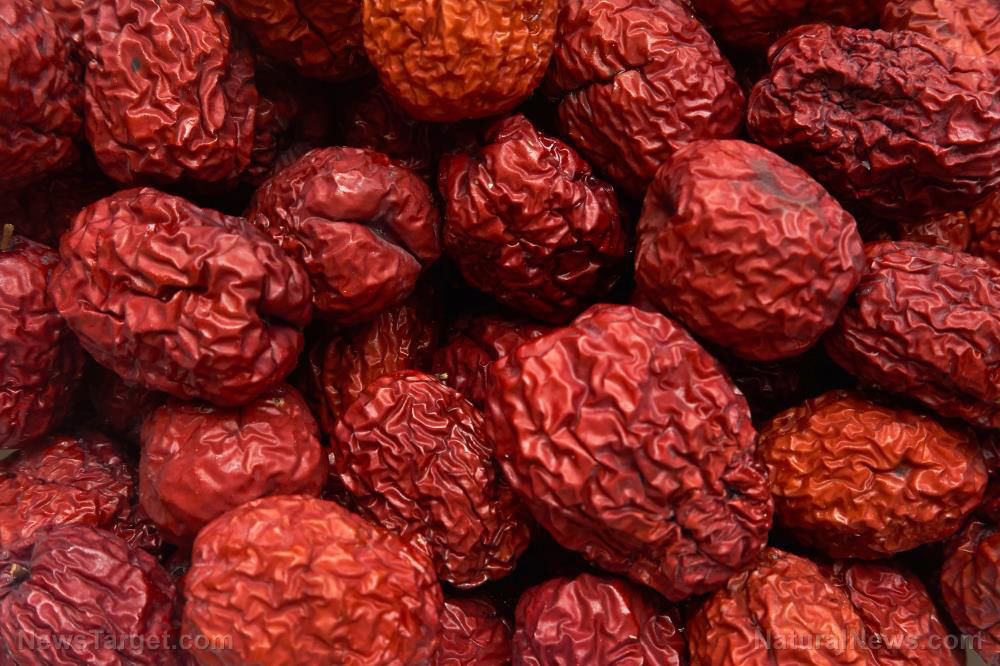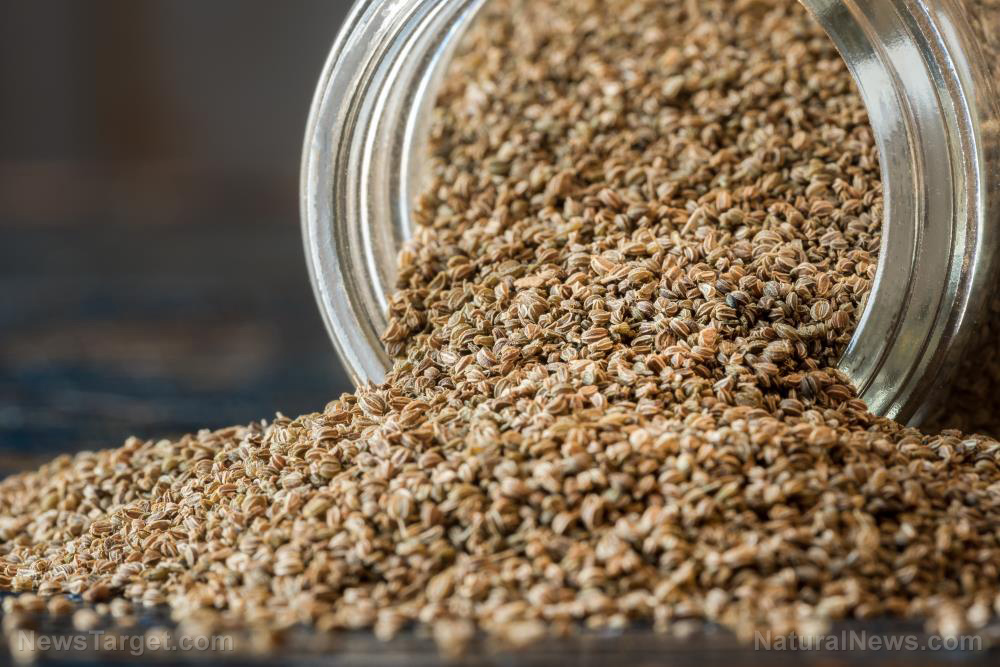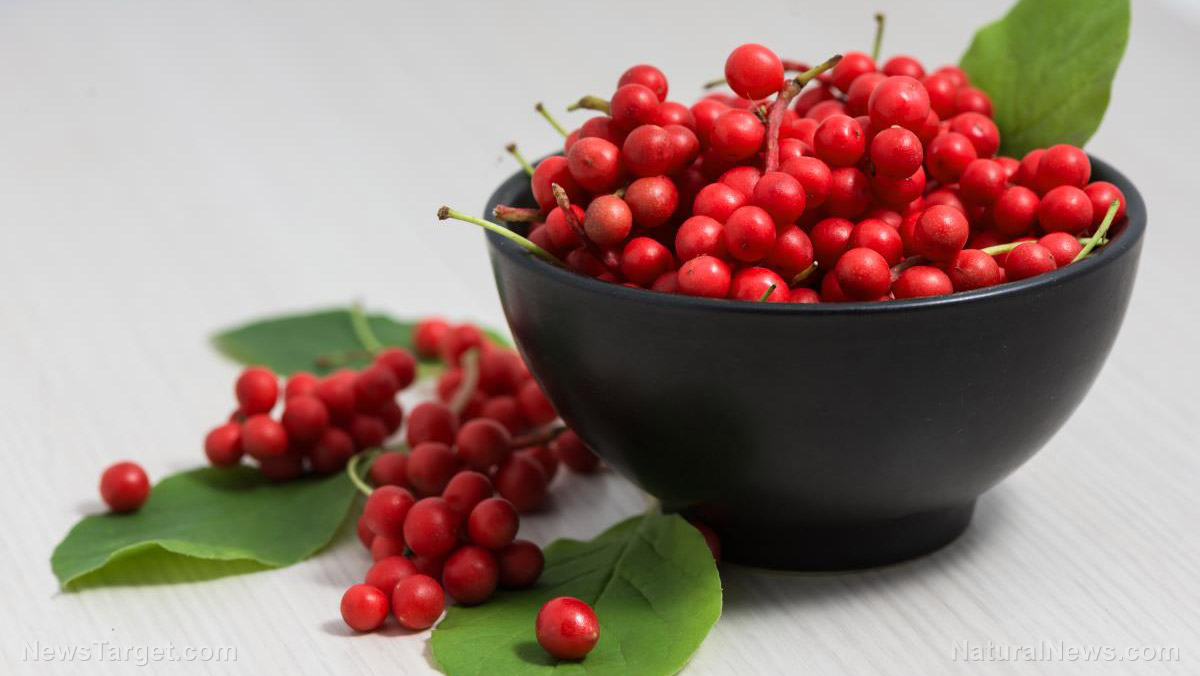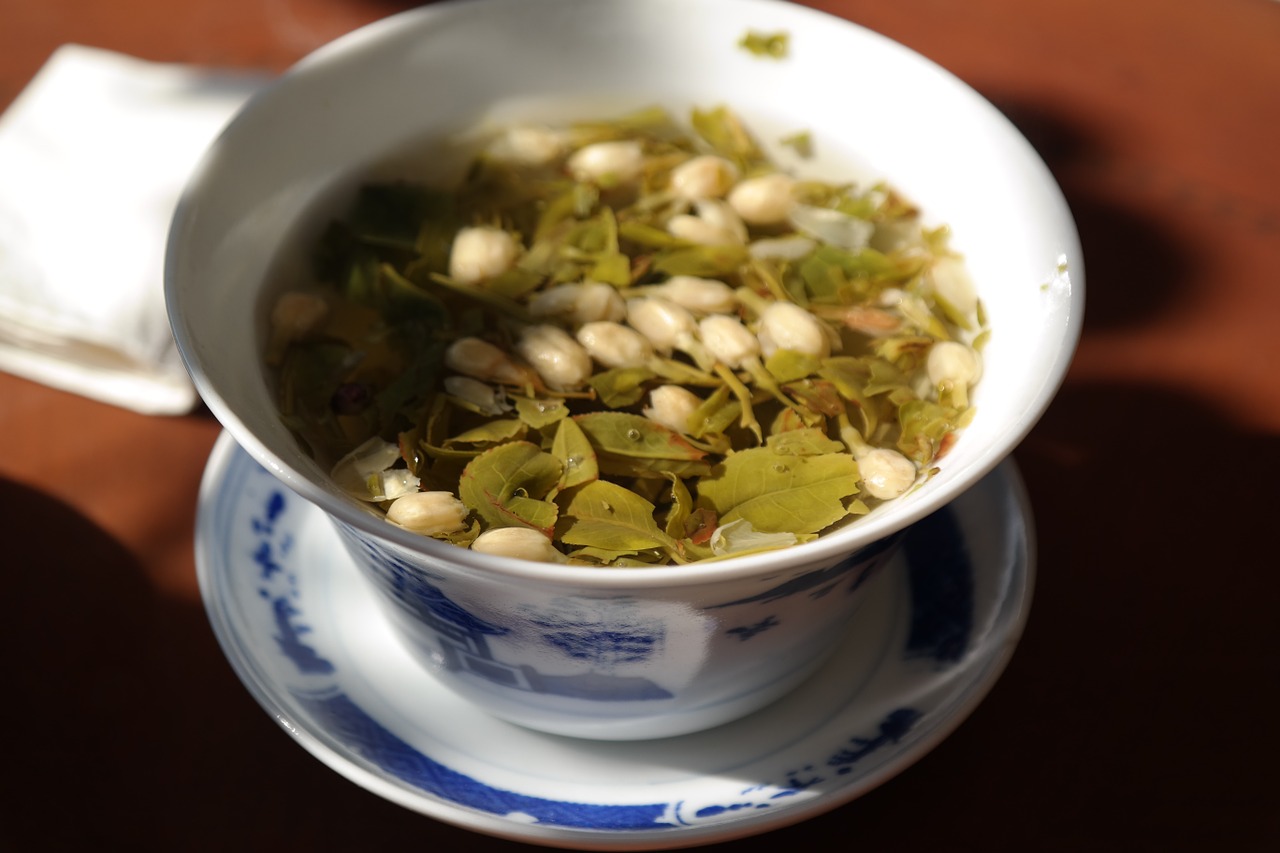Myrobalan shows promise as a natural treatment for Alzheimer’s
01/03/2019 / By Michelle Simmons
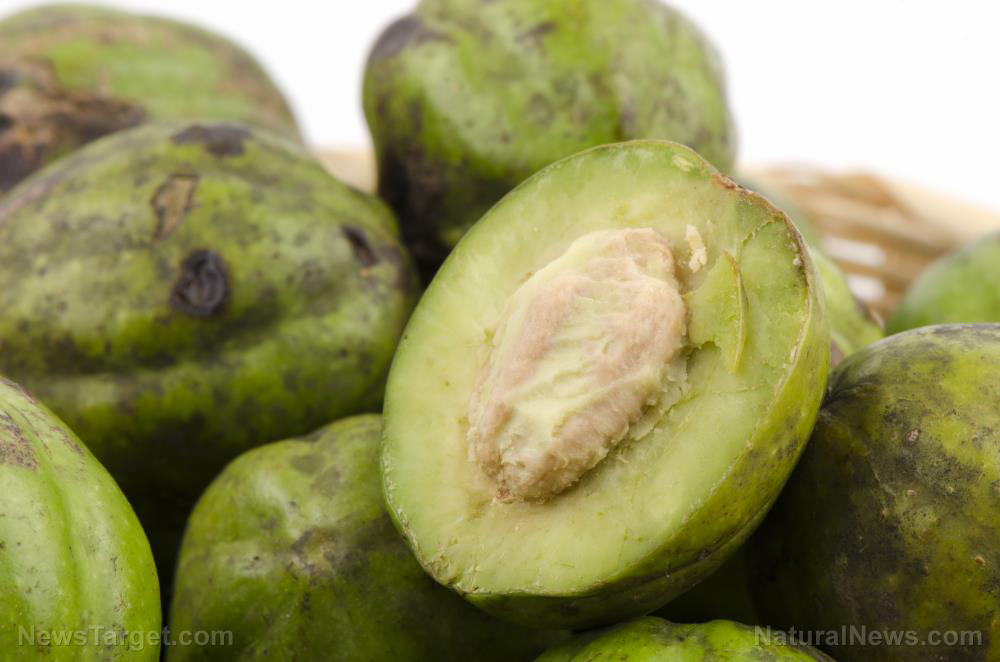
A study by researchers in Taiwan revealed that myrobalan (Terminalia chebula) could be a promising natural treatment for Alzheimer’s disease. The study, which was published in the African Journal of Traditional, Complementary and Alternative Medicines, aimed to determine the neuroprotective effects of myrobalan extracts and ellagic acid in an animal cellular model.
- Alzheimer’s disease is a common severe neurological disorder.
- For the study, the researchers used beta-amyloid25-35 (Ab25-35)-induced cell cytotoxicity in undifferentiated rat pheochromocytoma (PC12) cellular model.
- Results showed that the methanolic and water extracts of myrobalan and ellagic acid exhibited the strongest neuroprotective activity against Ab25-35-induced undifferentiated PC12 cell deaths at 0.5 to five micrograms per milliliter (ug/ml.).
- The ellagic acid also showed partial neuroprotective activity against H2O2-induced undifferentiated PC12 cell deaths at 0.5 to five ug/ml.
- Myrobalan extracts and ellagic acid protected the cells in three ways:
- It secured cell viability.
- It inhibited the production of reactive oxygen species.
- It eliminated calcium ion influx.
Based on these findings, the researchers concluded that myrobalan extracts might be used as a promising natural medicine for the treatment of Alzheimer’s disease.
To read more studies on natural treatment for Alzheimer’s disease, visit Alzheimers.news.
Journal Reference:
Shen YC, Juan CW, Lin CS, Chen CC, Chang CL. NEUROPROTECTIVE EFFECT OF TERMINALIA CHEBULA EXTRACTS AND ELLAGIC ACID IN PC12 CELLS. African Journal of Traditional, Complementary and Alternative Medicines. 2017; 14(4): 22-30. DOI: 10.21010/ajtcam.v14i4.3
Tagged Under: alternative medicine, Alzheimer's disease, Brain, brain function, brain health, herbal medicine, Herbs, medicinal plants, Myrobalan, natural cures, natural healing, natural medicine, natural remedies, Terminalia chebula

